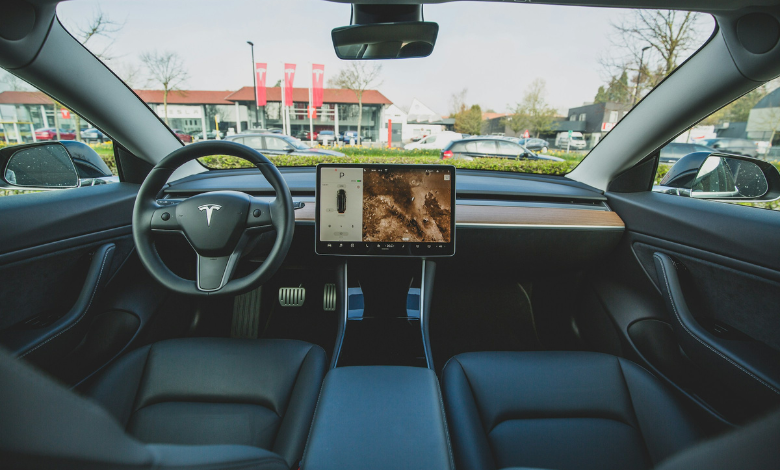Tesla’s mission is to accelerate global sustainable energy transition: Has it been successful?

Elon Musk’s Tesla is a multinational automotive and clean energy company – designing, manufacturing and selling battery electric vehicles, stationary battery energy storage devices from home to grid-scale, solar panels and solar shingles, and related products and services.
Sustainability is at the core of Tesla‘s mission. In pursuit of its objective to accelerate global sustainable energy transition, the company builds products that are designed to replace some of the biggest polluters on the planet.
Musk’s Tesla ensuring sustainable energy transition
Every product Tesla sells helps its customers reduce their carbon footprint, the company claims. In a remarkable milestone recorded last year, Tesla customers avoided releasing more than 20 million metric tons of CO2e into the atmosphere.
The global transportation sector needs an urgent upgrade. Electric vehicles and sustainable energy products have a far better environmental impact than fossil fuel alternatives. This includes the full life cycle from raw material mining to product use and disposal.
Elon Musk’s Tesla is dedicated to improving the mining equation. It focuses on sourcing its raw materials responsibly. Nonetheless, a shift to a sustainable energy economy is bound to demand much less mining than fossil fuels.
Tesla building every factory to be better than the last
Tesla uses less water per vehicle than the industry average. Moreover, the company claims it recycled 90% of manufacturing waste in 2023. Tesla is building some of the most efficient vehicles on the road – eventually implying relatively less charging per mile travelled.
There is an interesting detail connected to Tesla batteries. They degrade just 15% after 200,000 miles – the average lifetime of a vehicle in the US. The multinational automotive and clean energy company seeks to build every factory to be better and more sustainable than the last.



